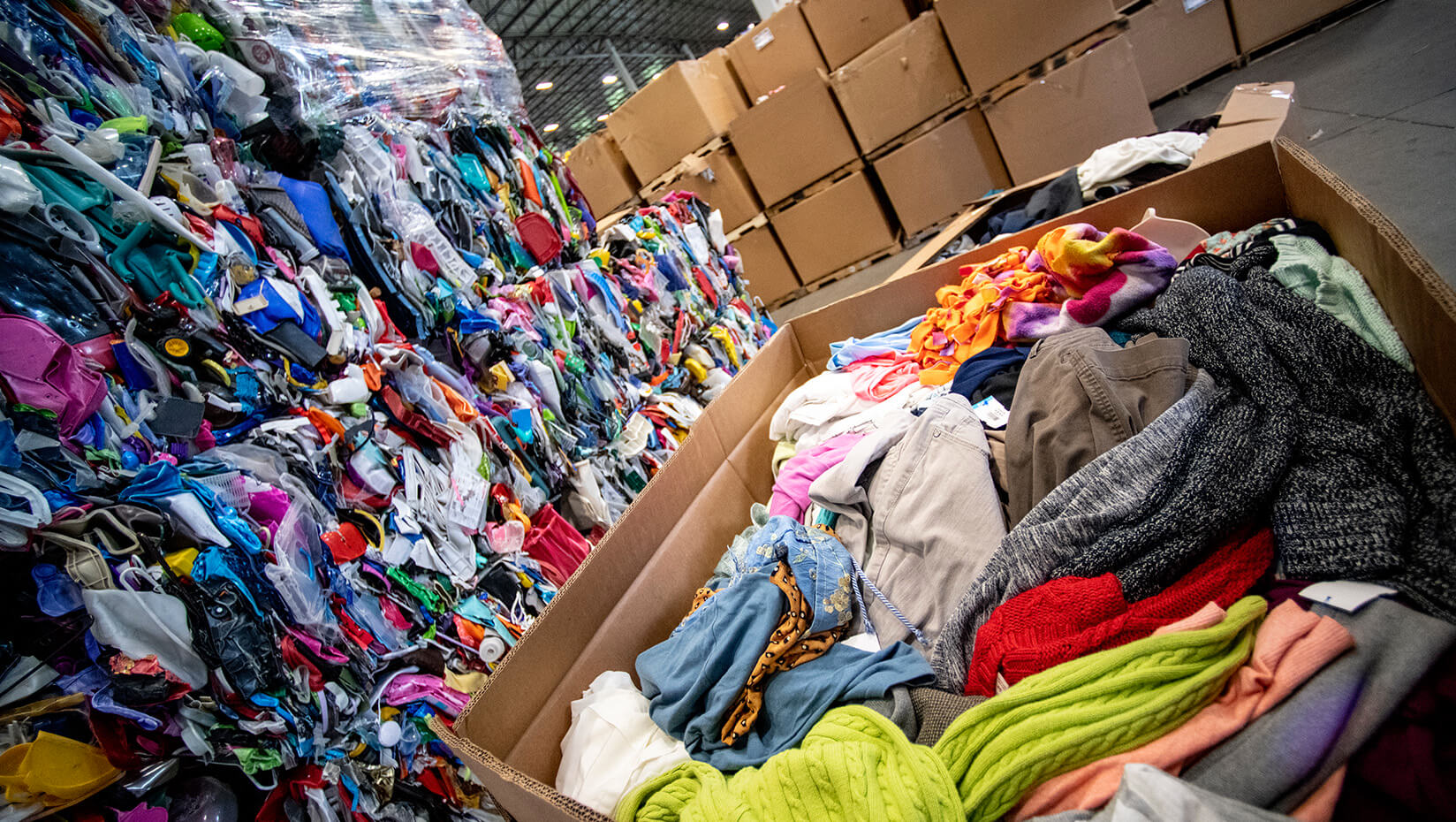
UMaine research shows circular economies are lacking in their approach to social justice
No matter how environmentally and economically sustainable a system claims to be, it can’t truly be positively transformative without considering the people in it. A team of University of Maine researchers set out to see how social justice plays a role in the “circular economy,” and what steps might be taken to improve the approach in the future.
The circular economy is an economic system that focuses on long-term sustainability, maximization of reuse and the reduction of waste. It has long been touted as a cure to social, environmental and economic ills. However, the role of social justice in the circular economy has yet to be thoroughly examined. Without consideration for the social dimension, such as what role labor plays in the system or ensuring inclusive representation in decision-making processes, the circular economy may not be as beneficial as its proponents claim it to be.
In a study published in the journal Local Environment, UMaine researchers conducted focus groups with circular economy experts and analyzed reports authored by U.S.-based governmental, nonprofit and business groups on circular economies to see whether and how “justice” emerges as part of the conversation.
The researchers divided justice into four sub-categories: neoliberal justice, which is achieved through individual actions and the free market; procedural justice, which gives representation to all parties who have stake in the outcome of a decision-making process; distributive justice, which centers on the fair distribution of benefits and harms; and compensatory justice, which compensates communities that have been historically disadvantaged. The researchers searched the literature for certain keywords related to justice and analyzed the texts to see which category it would fall under.
“Circular economies are often framed as addressing social problems, but there hasn’t been much research exploring how this is supposed to happen,” says Brieanne Berry, the study’s lead author and a postdoctoral research associate at UMaine. “We wanted to understand in a systematic way how proponents of circular economies are thinking and talking about justice.”
The researchers also held virtual focus groups with experts in the circular economy, where they asked direct questions about how the participants conceptualize justice, as well as the opportunities and barriers to designing circular economies. The researchers analyzed the focus group transcripts for justice-related content and grouped it into the four categories.
The results showed that while experts understand and advocate for the need for justice to be a key component in the circular economy, these ideas are rarely represented in the literature about circular economies in the U.S. When the topic of justice did come up, it was most often focused on neoliberal justice — more so than any of the other three forms of justice combined.
For example, references to jobs and labor were more about the quantity of jobs created by the circular economy rather than the quality of jobs created. Attempts at addressing the other forms of justice were often vague, aspirational or couched in neoliberal ideas.
Berry said that the researchers were surprised that the word “justice” only appeared four times in the 1,181 pages of text analyzed.
“The prevalence of neoliberal framings of justice mirrors what we see in other sustainability efforts, such as the organic food movement,” says Michael Haedicke, associate professor of sociology and co-author of the study. “But this mindset overlooks the institutionalized inequalities that make it difficult for some groups of people to benefit from these efforts.”
The researchers emphasized the importance of including more complete, nuanced and actualized justice in the design of circular economies in order for the system to create the sustainable, transformative change that it aims to achieve.
“This work really demonstrates that circular economies won’t be just and equitable unless they are designed intentionally with those goals in mind. We can’t expect to prioritize expectations of profit and environmental sustainability and achieve justice goals,” says Berry.
Contact: Sam Schipani, samantha.schipani@maine.edu
